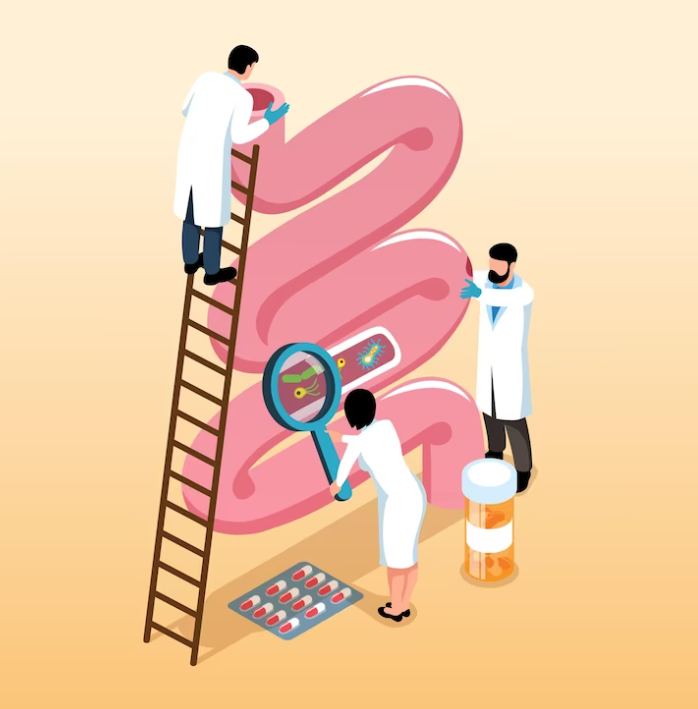
The Role of Hormones in Appendicitis: Understanding Imbalances
Have you ever wondered what causes appendicitis? While it’s commonly known that appendicitis occurs due to inflammation of the appendix, did you know that hormones can play a significant role in this condition? Let’s delve into the fascinating connection between hormones and appendicitis.
What is Appendicitis?
Appendicitis is the inflammation of the appendix, a small pouch-like organ located at the beginning of the large intestine. When the appendix becomes blocked, usually by stool, infection, or a foreign body, it can lead to swelling, infection, and potentially life-threatening complications if left untreated.
The Role of Hormones
Hormones are chemical messengers produced by various glands in the body, such as the thyroid, adrenal glands, and ovaries/testes. They regulate numerous bodily functions, including metabolism, growth, mood, and immune response. Hormonal imbalances occur when there’s either too much or too little of a particular hormone circulating in the body.
How Hormones Influence Appendicitis
Research suggests that hormonal imbalances, particularly in estrogen levels, may contribute to the development of appendicitis. Estrogen, a hormone primarily associated with female reproductive health, can affect the immune system and inflammatory response.
During certain times, such as puberty, menstruation, and pregnancy, fluctuations in estrogen levels may increase the risk of appendicitis. For example, studies have shown that women are more likely to develop appendicitis during the latter stages of pregnancy when estrogen levels are at their highest.
Understanding Imbalances
Hormonal imbalances can disrupt the body’s natural processes, including immune function and inflammation regulation. In the case of appendicitis, an imbalance in estrogen levels may lead to heightened inflammation and reduced immune response, making the appendix more susceptible to infection and inflammation.
Conclusion
While the exact role of hormones in appendicitis is still being researched, there’s evidence to suggest that hormonal imbalances, particularly in estrogen levels, may contribute to the development of this condition. Understanding the interplay between hormones and appendicitis could lead to new insights into its prevention and treatment.
To seek medical advice, always consult a Doctor. Here are our recommended experts. Click Here
To read more on Acidity. Click Here


